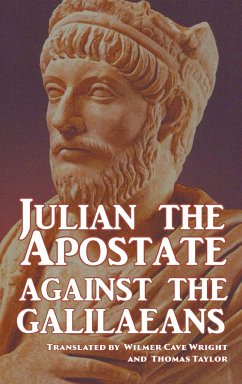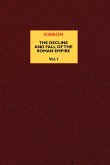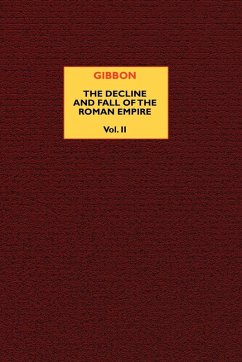Against the Galileans (where "Galileans" meant the followers of the man from Galilee, or Christians) was written by the last pagan Emperor of Rome, Flavius Claudius Julianus, who lived from 331-363 AD, as part of his attempts to reverse the Empire's conversion to Christianity started by Emperor Constantine in 313 AD. This work was acknowledged by one of Julian's greatest critics, Cyril, the Patriarch of Alexandria, as one of the most powerful books of its sort ever written. Even though Cyril was Patriarch nearly 90 years after Julian's death, he was motivated to write a refutation titled Contra Iulianum ("Against Julian"). For more than 200 years, Julian's book remained the standard criticism of Christianity. Finally, in an attempt to suppress the work, the Emperor Justinian I (527-565) ordered all copies of the book destroyed. As a result, the only record of Julian's book remained in the parts quoted from in it in Cyril's criticism. It was only more than 1,200 years later that the English classical scholar Thomas Taylor (1758-1835) first translated Cyril's work into English-and from that, attempted a reconstruction of Julian's book based on Julian's quotes from Cyril's work. Taylor titled this manuscript "The Arguments of the Emperor Julian against the Christians, translated from the Greek fragments preserved from the Greek fragments preserved by Cyril Bishop of Alexandria, to which are added, Extracts from the other works of Julian relative to the Christians" and privately published his reconstruction in 1809 for a very limited circle of friends. Taylor's reconstruction was finally published for a larger audience by William Nevis in 1873. This new edition contains the full Taylor reconstruction, along with his original appendices. From 1913 to 1923, British-American classical philologist and Professor of Greek at Bryn Mawr College, Pennsylvania, Wilmer Cave Wright, retranslated all of Julian's works. Wright included a new translation of the exact quotes only from Julian, as reproduced by Cyril, and some other remaining fragments. Wright's original manuscript is also included in this new edition, making it to be the most complete reconstruction of Julian's book ever printed.
Hinweis: Dieser Artikel kann nur an eine deutsche Lieferadresse ausgeliefert werden.
Hinweis: Dieser Artikel kann nur an eine deutsche Lieferadresse ausgeliefert werden.








